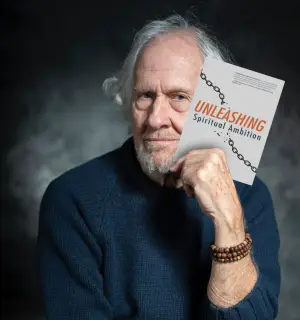When Javi Dumped Mari: A Journey of Love, Loss, and Miscommunication
I’ve always been drawn to the stories that breathe life into the vibrant tapestry of Latin culture, so naturally, I approached “When Javi Dumped Mari” by the talented author, María José Sosa, with high hopes. Having thoroughly enjoyed Sosa’s previous works, I was eager to dive into this tale, especially knowing it featured a Brazilian American protagonist. However, as I turned the pages, I found myself grappling with mixed emotions, ultimately leading to a rather reluctant 2.5-star rating.
At its core, this novel explores themes of friendship, love, and the complexities of personal growth. Mari, the fiercely ambitious and unapologetically confident main character, is undoubtedly a standout. I appreciated her go-get-it attitude; she embodies the determination I often aspire to. Yet, as engaging as Mari was, I couldn’t help but feel frustrated by her character arc, particularly regarding her unresolved issues with her father. It felt as though her growth stunted early on, leaving a void in parts of the narrative.
Now, let’s talk about Javi. Their relationship—a tangled web of misunderstanding and emotional detachment—left me feeling more bewildered than enchanted. I struggled with Javi’s sketchy "friendship" with Mari. Their back-and-forth felt less like genuine connection and more like emotional sabotage. From ghosting her for six long years to stepping back into her life at the worst possible moment—just as she’s about to marry another man—his actions felt unconvincing and frustratingly contrived. Yes, Mari engaged Alex for emotional stability, but it made zero sense to me that she was still entangled with Javi, who constantly belittled their bond by insisting he wasn’t worthy of her—yet wouldn’t let her go.
As the wedding approaches, the pace of the book quickens, yet the dramatic stakes didn’t quite match the build-up. I found myself longing for more moments showcasing Mari and Javi’s friendship or their emotionally charged reunion. The timeline jumps muddled the emotional depth, leaving me with a sense of disconnect. And while conflict can drive a plot, I was surprised by how low the angst was considering the potential for drama.
Sosa’s writing style remains engaging, with moments of vivid imagery and cultural nods that I cherished, yet I echoed the sentiment that more cultural richness from both Brazilian and Puerto Rican backgrounds would have added depth to the narrative. It’s this cultural representation that initially excited me about the book, so its absence felt like a missed opportunity.
Ultimately, I was left pondering whether Javi and Mari could truly find happiness together after all of this. The resolution felt rushed and inadequate, as if both characters needed time apart to confront their issues before potentially rekindling their relationship.
In summary, “When Javi Dumped Mari” might resonate more with readers interested in the exploration of complex relationships and emotional journeys, particularly those who appreciate stories about personal growth amidst a backdrop of cultural identity. For me, however, the experience was bittersweet, filled with potential that remained largely unfulfilled. Sosa remains a beloved author in my eyes, but this outing didn’t quite hit the mark, leaving me yearning for more clarity and connection in Mari and Javi’s tumultuous journey.
[ad_2]
Discover more about When Javi Dumped Mari on GoodReads >>






